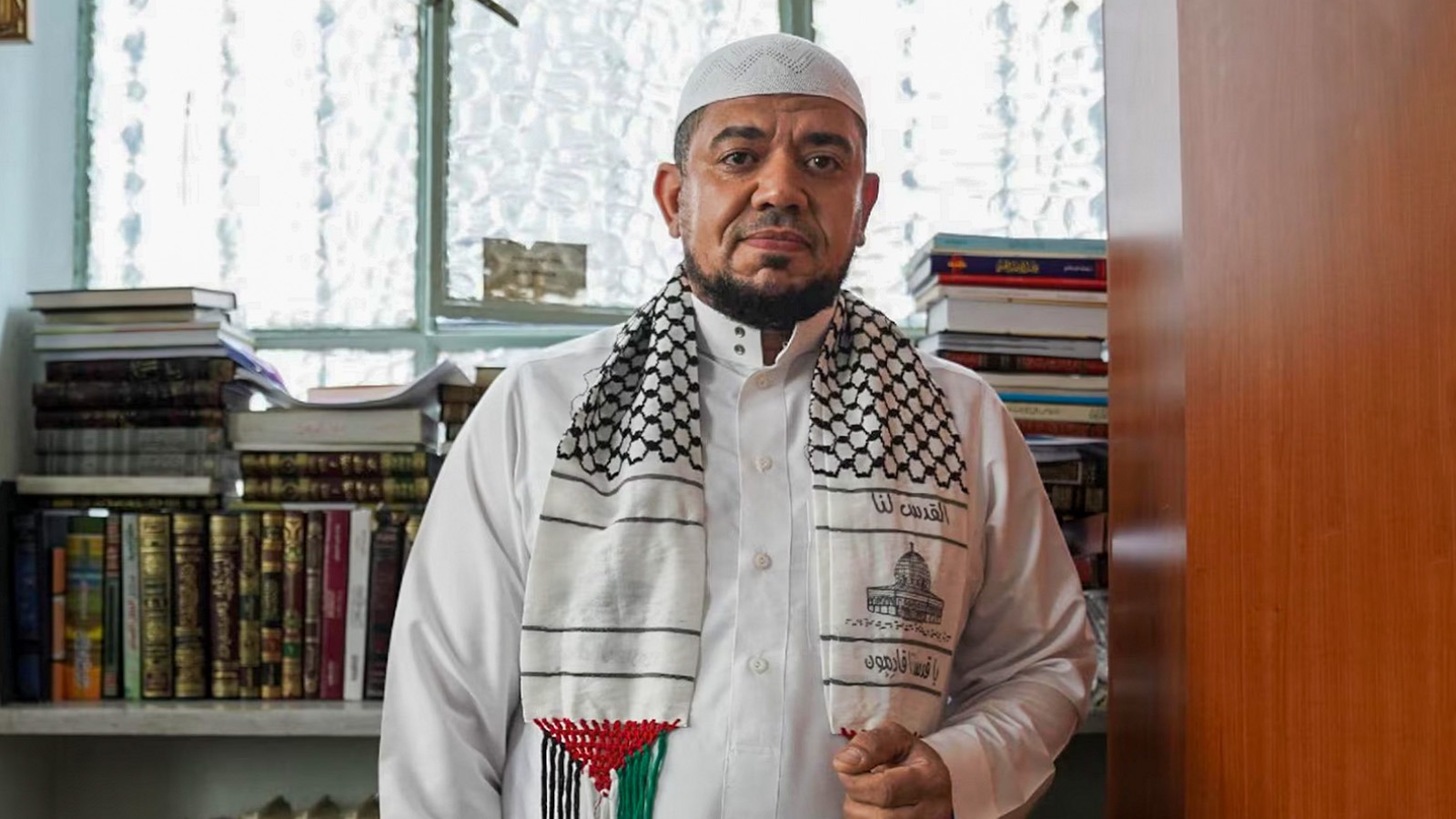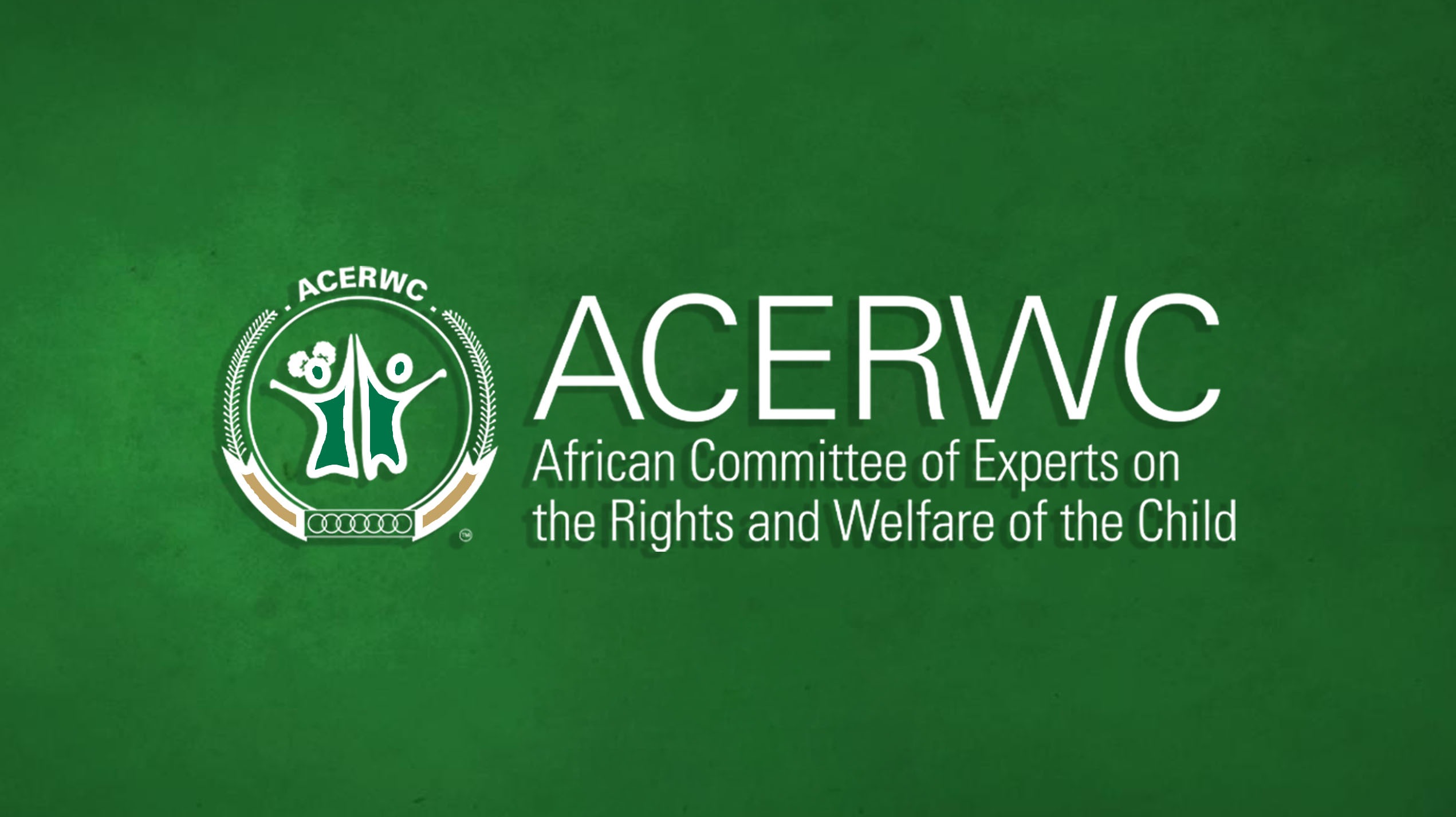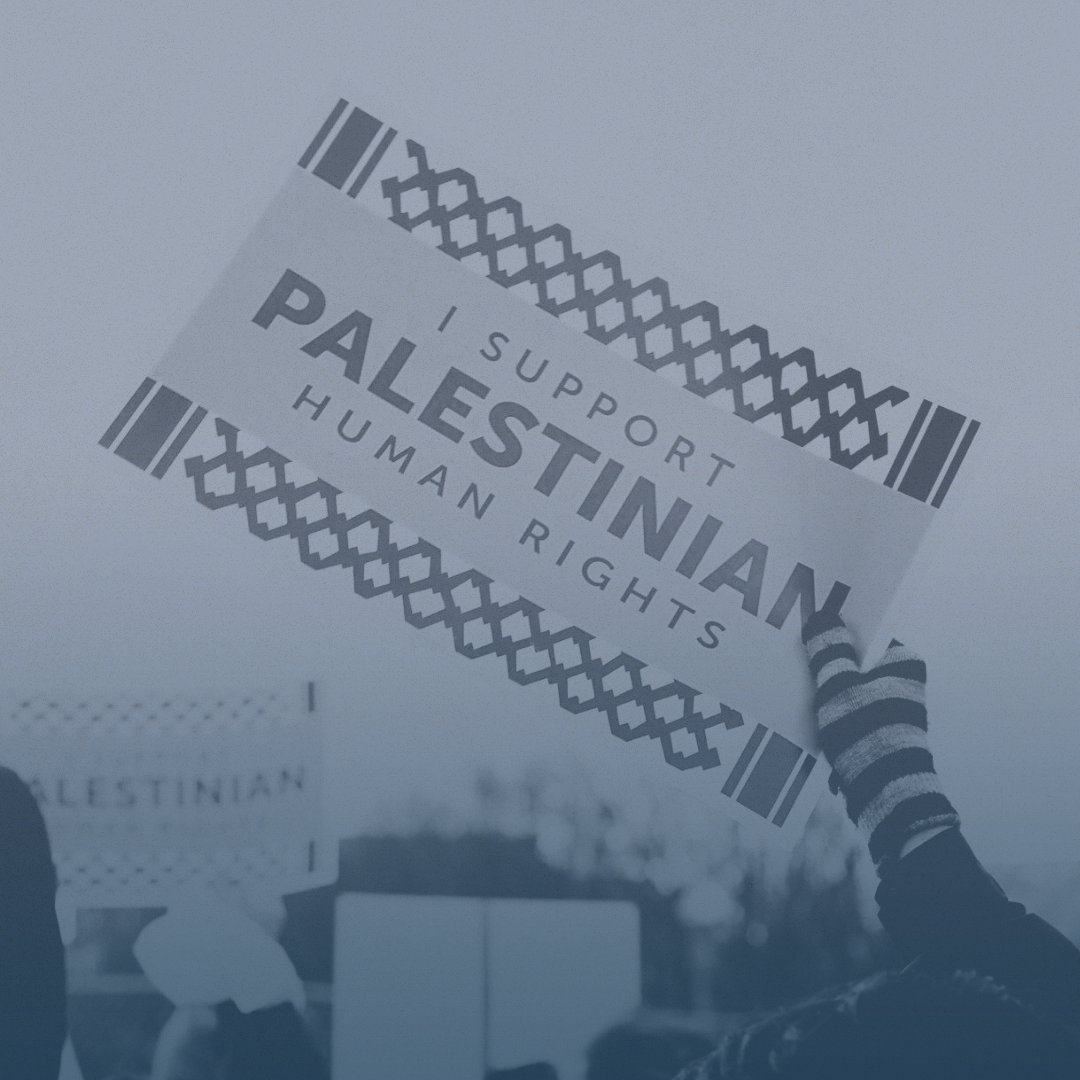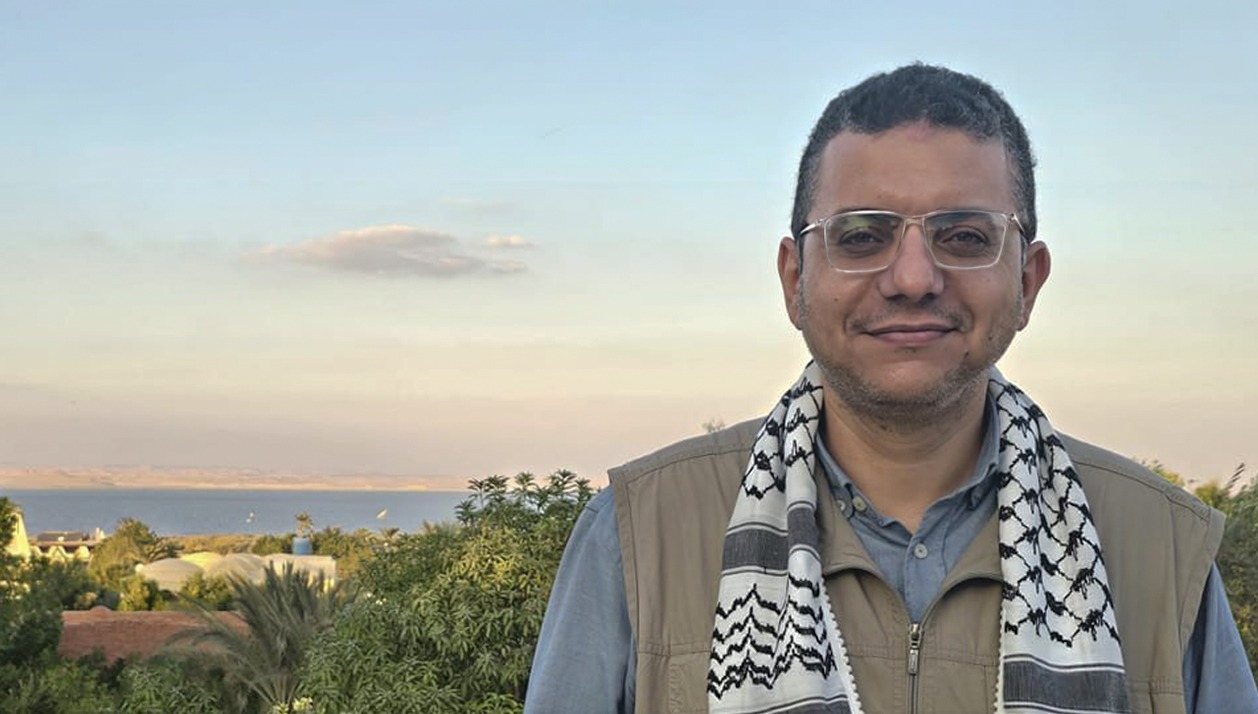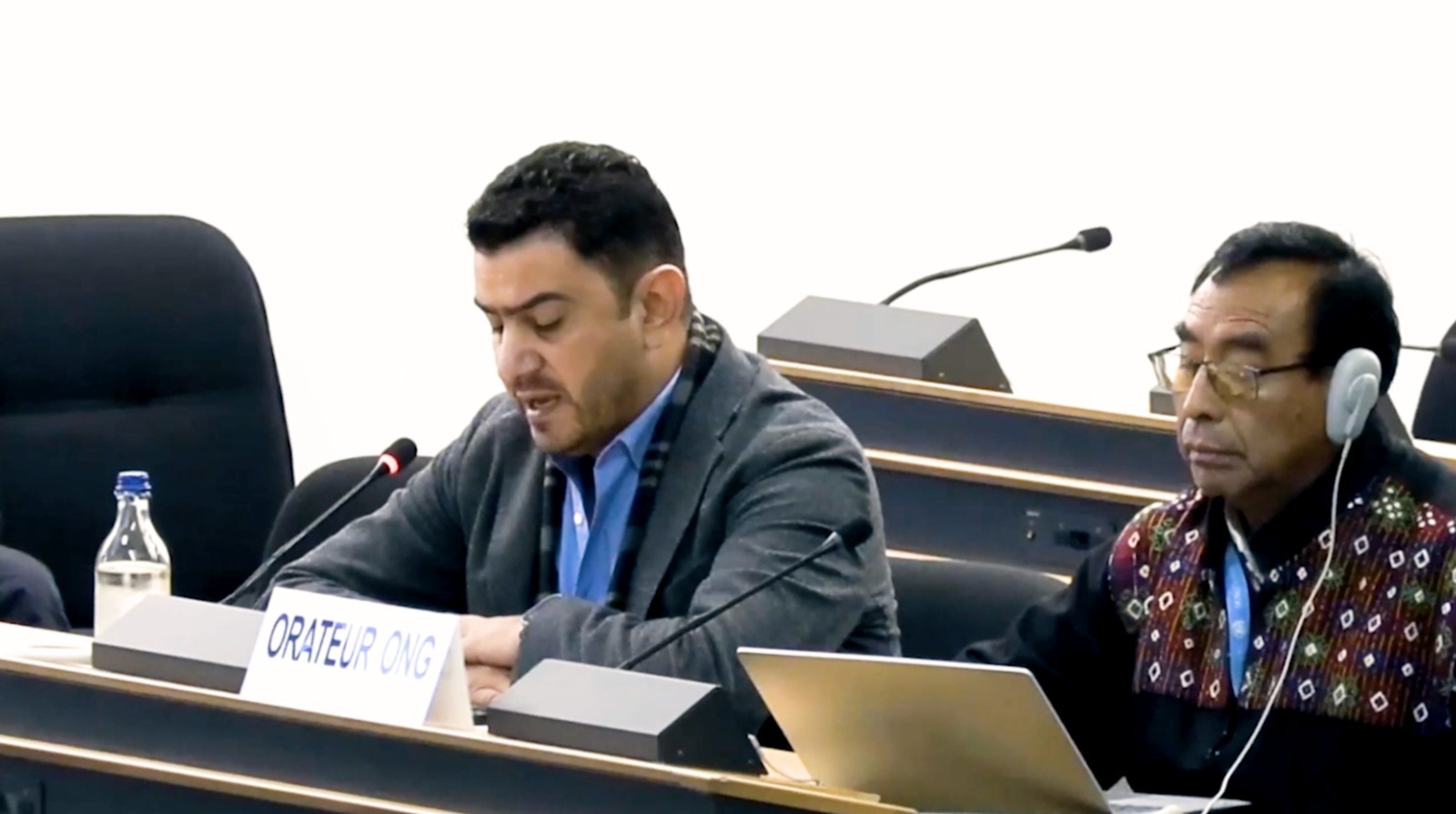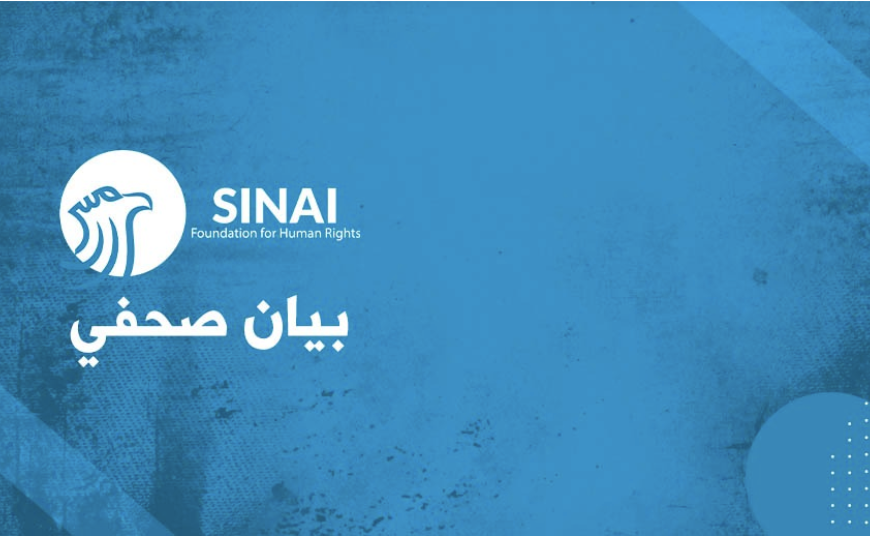
Bir al-Abd: ISIS increases its persecution of Christians in Sinai. The government must protect minorities during armed conflict
The previous months witnessed the continued religion-based targeting. West Sinai has seen a new wave of targeting of Christians by ISIS that led to the murder of two Christian civilians in the first quarter of 2021, and four abductions, two of which were video-documented. The authorities’ clear failure to protect Christians or carry out their duty in attempting to free the abducted brings back memories of the heinous attack on Christians that led to their forced evacuation of al-Arish in February 2017 after their homes were burned down and a number of them were abducted and murdered.
In a new religion-based persecution incident that shows the continuing pattern of belief-based abuse in Sinai, the ISIS-affiliate Sinai Province group killed a Christian citizen called Nabil Habashi Salama, 62 years old, because of his religion and his establishment of “The Church of the Virgin, Anba Karas and St. Abanoub”, the only church in Bir al-Abd in North Sinai. That is based on the video recorded and released by the group on their twitter accounts on 17 April 2021. The video contained threats aimed at all Christians in Egypt, claiming that they are all in cooperation with the Egyptian military, which portends the continuation of this wave of attacks, and makes it more so that the government should take preventative measures.
This incident took place 61 days after the murder of the citizen Subhi Samy Abdul-Noor, who was targeted in the far west of the Sinai Peninsula. The Sinai Foundation for Human Right documented the details of the incident then.
On 08.11.2020, the Sinai Foundation for Human Rights reported the abduction of Nabil from al-Ghizlan neighborhood in Bir al-Abd, where he was attacked by 3 unmasked militants at 8 in the evening of 07.11.2020, 50 meters away from his house, according to the statement made by his son, Peter Nabil Habashi Salama, in an interview with the Sinai Foundation team. The team also conducted an interview with an eyewitness whose testimony is published in the November report.
According to the testimony given to us by Peter last March, his father owned a gold jewelry shop in Bir al-Abd, and that the abductors were no older than 17 years old and moved around the city unmasked and with complete freedom. When they abducted Nabil, they intercepted a pickup truck and forced its driver out of the car. When a pedestrian tried to defend the driver, they fired shots in the air to scare the pedestrians. Peter mentioned that the car the abductors drove was a Hyundai Verna, and that they went to an unknown destination after the abduction. The abductors later contacted Nabil’s family, and asked for a 3-million-pound ransom, claiming that it is a “Jizya (tribute) to be paid by Christians”, in the abductors’ own words.
Peter also stated that the family reported the incident to the Bir al-Abd police station, but the authorities never called them back and instead closed the kidnapping report without conducting an investigation or making any new progress and wrote up the incident as against persons unknown. The security forces evicted Nabil’s family from their home on 04.01.2021 and forbade them from returning to the area where 5 families related to Nabil also live in the same street, with the claim of protecting the rest of the family, which increased the suffering of the family, according to Peter.
Peter said that the abduction of his father was caused by his religion and his religious activity, as his father is Christian and has built the only church in Bir al-Abd.
In another incident that took place in August 2020, the Sinai Foundation recorded the abduction of Christian citizens in al-Abtal village western Sinai by ISIS militants. The abducted are: Bikhit Aziz Lamii and Yussef Samaan Girgis. Bikhit was later set free after his family paid a big ransom to the militants. He then told Nabil’s family that during the last month of his abduction, he was with Nabil, whose execution the group released a video yesterday documenting, according to Peter.
The video released by the group documents Nabil staying alive for at least 100 days after his abduction, which matches what his son Peter said in his interview about the group demanding a large sum of money as ransom for his father’s release. This demand negates the narrative promoted by the group that the reason behind killing Nabil is Christians’ cooperation with the Egyptian military. According to the evidence, the abduction’s main reason was to acquire money, like in the case of Bikhit Aziz Lamii months earlies.
The recurring targeting of Christians in Sinai led them to act in ways that do not represent them, as many Christian civilians who returned to al-Arish after their eviction in 2017 are careful to stay out of sight, and women and girls often wear head cover to hide from militants and not look different from Muslim women and girls, as women in al-Arish usually cover their hair with Hijab or their faces with Niqab. Previously, Christian women did not wear Hijab, before the eviction of Christians, but harassment and security threats led them to use this approach to hide.
Common Article 3 of the Geneva Conventions prohibits “violence to life and person, in particular murder of all kinds”. The International Humanitarian Law also dedicates special protection to minorities. The United Nations General Assembly declaration prohibits all kinds of intolerance and discrimination based on religion or belief, as freedom of religion and religious belief expression and such are protected and are not to be coerced. The Arab Charter on Human Rights approved by the League of Arab States in 2004 also prohibits depriving any person of their rights based on their race, color, sex, language, or religion.
The Sinai Foundation for Human Rights emphasises on condemning ISIS’s bloody attacks against minorities and appeals to the Egyptian authorities to do their duty in protecting civilians in general and sectarian and religious minorities in particular, and to hold those who fail to protect civilians accountable and to prevent the recurrence of such operations.
Recent Posts
Most viewed
Related Postes
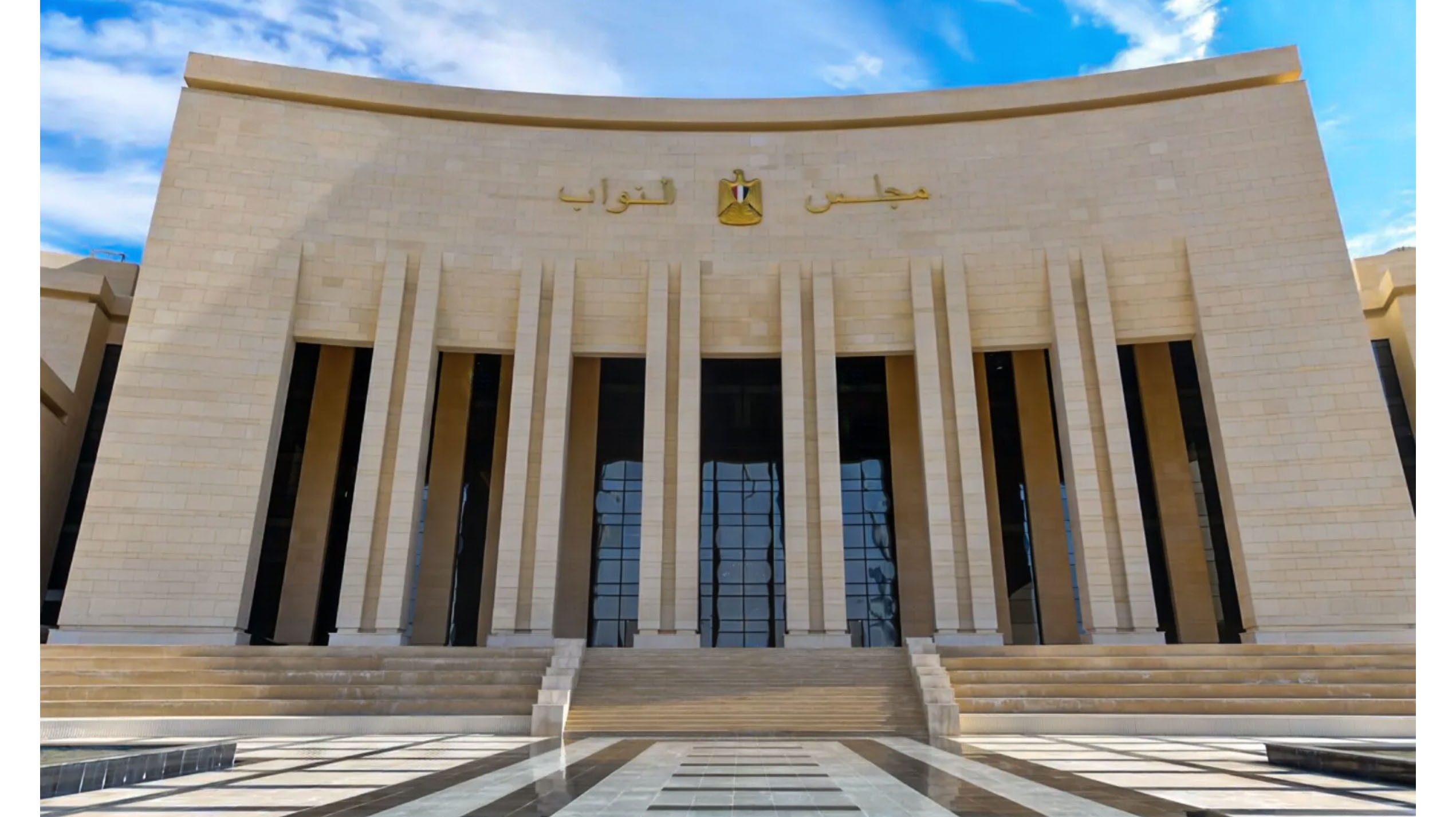 English content
English content

